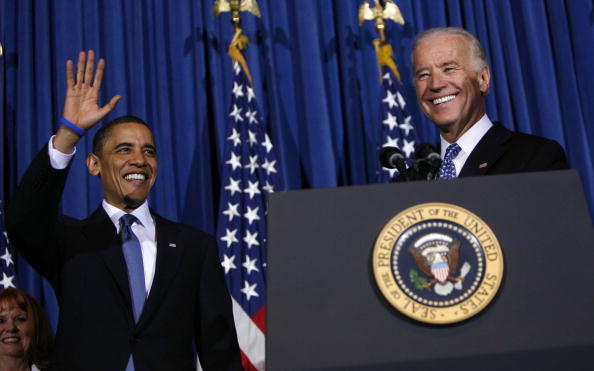By Phil Galewitz, KFF Health News
It has become as familiar a sight in Washington as the cherry blossoms in spring: lobbyists from the nation’s hospitals descending on the Capitol to ask lawmakers to postpone billions in Medicaid funding cuts prescribed by the Affordable Care Act — cuts industry leaders agreed to years ago.
It is unlikely the reductions will occur this year, if history is any indication. Since 2013, Congress has voted 13 times to delay them, siding with hospitals over their claims that losing the money would hinder the delivery of care.
Unless Congress acts by October, the federal government will cut $8 billion from this year’s budget — then make the same cut each year for the next three years — for a Medicaid program intended to help safety-net facilities that serve a large share of Medicaid and uninsured patients. The amount budgeted varies annually, though in 2021 the program’s spending totaled about $19 billion.
Known as the Medicaid Disproportionate Share Hospital (DSH) payments program, it has drawn criticism amid evidence that a substantial amount of its funding goes to hospitals that do not primarily cater to low-income patients. According to industry groups, more than 2,500 hospitals — about 40% of the total in the United States — get the payments.
The cuts are part of a deal brokered with the hospital industry 14 years ago, as the fate of the ACA dangled in the balance. At the time, hospitals agreed to accept $155 billion in Medicare and Medicaid funding cuts over 10 years, assuming the legislation’s promise to insure more patients would improve their bottom lines. A portion of those cuts were to Medicaid DSH payments.
Despite record-high hospital profits and record-low uninsured rates in recent years, the hospital industry again says this is not a good time for cuts, pointing to the covid-19 pandemic and the millions of people losing Medicaid coverage as a result of pandemic-era protections ending.
Read the full article here







